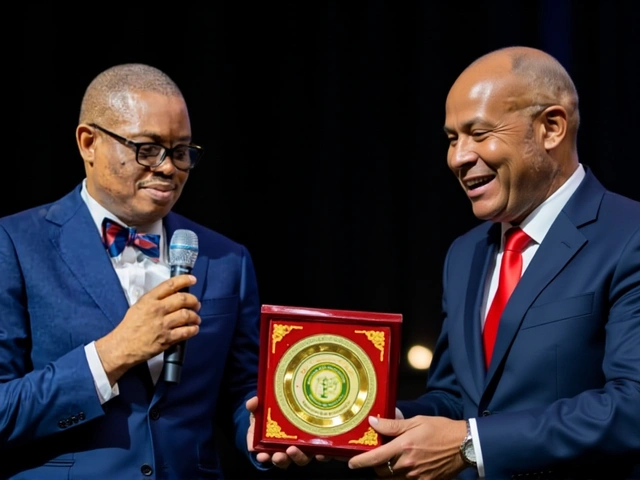Nigeria Banks – Latest News and Insights
If you want a clear picture of what's happening with banks in Nigeria, you’re in the right spot. We break down the biggest stories, new regulations, tech moves, and market shifts so you can stay ahead without sifting through endless reports.
Key Trends Shaping Nigerian Banking
The Central Bank of Nigeria (CBN) has been busy this year, tightening liquidity rules and pushing banks to improve capital buffers. Those moves aim to protect depositors but also mean banks are more careful with loan growth. Expect tighter credit standards across the board.
Digital banking is exploding. More than 40% of Nigerians now use mobile money or bank apps daily, and big players like GTBank and Access Bank have launched low‑fee digital accounts to capture that demand. Fintechs are partnering with traditional banks, turning what used to be a slow process into instant transfers.
Large commercial banks are posting mixed results. While some report higher net interest margins thanks to rising rates, others see profit pressure from non‑performing loans. The oil price swing continues to affect corporate borrowing, so banks are watching the sector closely.
Fintech collaboration is no longer a buzzword; it’s everyday business. Banks are integrating payment gateways, credit scoring AI, and blockchain pilots into their core systems. This helps them reach under‑banked customers in rural areas while keeping costs down.
Interest rates remain high as the CBN fights inflation. Higher rates boost banks' earnings on existing loans but can deter new borrowing. Consumers feel the pinch when mortgage or auto loan payments climb, which slows down loan demand.
What to Watch in the Coming Months
Regulatory updates are coming fast. The CBN plans to roll out a new framework for crypto assets, which could open fresh revenue streams for banks willing to adapt quickly.
Expect more mergers and acquisitions. Smaller banks struggling with capital requirements may look for buyers, while bigger institutions eye regional expansion into West Africa.
The rollout of 5G networks will accelerate mobile banking services. Faster data speeds mean richer app experiences, from video customer support to real‑time fraud alerts.
Consumer confidence will be a key indicator. If inflation eases and wages rise, loan demand could pick up again, giving banks a chance to grow their retail portfolios.
Finally, keep an eye on sustainability initiatives. More Nigerian banks are issuing green bonds and offering loans for renewable energy projects, aligning with global ESG trends.
Staying informed about these moves helps you understand where the sector is headed and how it might affect your finances or business plans. Check back regularly for fresh updates and practical analysis of Nigeria’s banking landscape.

Tony Elumelu Advocates Windfall Tax Relief to Combat Poverty and Aid Nigeria’s Public Services
Tony Elumelu, UBA chairman, endorses a federal windfall tax on bank FX gains to aid poverty alleviation. Proposed during a meeting with President Bola Tinubu, the tax aims to redirect extraordinary bank profits towards public services. Despite industry concerns, Elumelu and Femi Otedola of FBN believe it promotes wealth distribution and prosperity.




